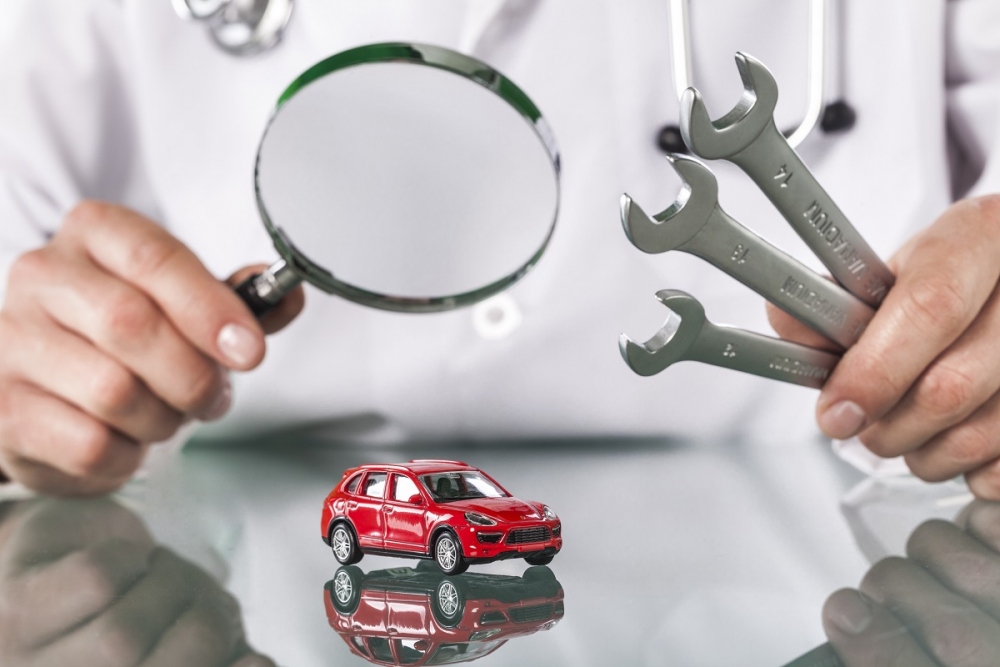Buying a second-hand car is a difficult decision. It’s not like walking into a dealership, choosing a car and ordering it. There’s a lot more investigation that needs to be done. From making sure everything from the engine to bumper lights is in the right condition and well maintained for your use and all the paperwork that needs to be done, things tend to get a little tough.
But one thing you don’t need to worry about is car warranty transfer because thanks to this article you’ll know all the basics. All you need to do is make sure all the paperwork is in place and you’re set.
Cars are getting more and more complex these days with numerous latest technologies being incorporated in each component. That’s exactly what increases the need for maintenance and repair work. Luckily, car warranties are very much transferable after some effort, paperwork, and fees.
Car Transfer Warranties in a Nutshell
Car warranties are often transferable from one owner to another as they follow the vehicle. If a used car comes with a transferred warranty, it can drive up the prices as it is an added feature to the car. However, if the manufacturer’s warranty has expired, there’s still an option to avail extended warranty from a private company exclusive of the dealership or manufacturer.
Most car warranties will cover everything other than the replaceable consumer parts such as tires, wiper blades, brakes, and clutch. Other than that, you’ve fully covered thanks to car warranties.
Usually, these warranties expire after at least three years or after a certain number of miles are covered by the car. This can vary from manufacturer to manufacturer. For instance, Honda offers a car warranty that lasts up to 3 years or 36,000 miles, with a separate warranty that covers tires. And yes, the original Honda warranty does get transferred from one owner to another. However, few people would want to sell their car before their car runs out of warranty. That’s exactly why an extended vehicle warranty may be a great option for people who are buying a second-hand car.
Manufacturer Warranties vs. Extended Vehicle Warranty
While all new cars come with manufacturer policies, the same can’t always be said about used cars.
No one would want to pay for damages and repair of a car when they can avail the option of warranty. That’s where extended vehicle warranties come in. If you’re looking to renew or reapply coverage to your car, you might want to understand how extended warranties work.
These warranties can be purchased from manufacturers, dealerships or private companies. Hence, as soon as your original warranty expires, you can buy an extended car warranty, removing the need to find a car with a transferable car warranty. It’s no surprise that used car warranties give owners coverage for a shorter time. Perhaps some 3-12 months at max. Extended car warranties are what secure them once this period is over. The drawback to extended policies is that they don’t always cover all car parts. The coverage is decided by the company you buy the policy from.
Things to know about Car Warranty Transfer
Although car warranties are transferable, it still depends on various things. Make sure you read the terms and conditions of each warranty to find out whether they are transferable or not.
Now, let’s get to how you can transfer the car warranty. Most sellers do not need to get involved in the process as it’s the new owner of the car who needs to provide ownership proof along with the car’s registration number.
Assuming that you’re the buyer, all you need to do is contact the manufacturer in case it’s a manufacturer warranty and provides them with the paperwork of ownership evidence. Mostly, this can be done free of any additional costs.
When it comes to extended warranties, sellers would have to intervene and make sure the transfer happens smoothly. As opposed to manufacturer warranty, extended car warranty transfer has a cost to it and it must be decided who will be paying this cost, you or the seller. Sometimes it is part of the deal.
Sometimes people want to opt-out of a warranty when they’re buying a second-hand car. If that’s the case with you, make sure you cancel the coverage. You could also receive a refund on this worth a few thousand dollars. Mostly, extended car warranties can be canceled.
The overview
Whether your car comes with a warranty or not, make sure you get full maintenance work done after buying, and before you buy the car get it properly inspected for any potential defects. In case a vehicle has not been maintained properly, car warranty providers could reject claims based on the fact that the owner neglected the vehicle.







Recent Comments